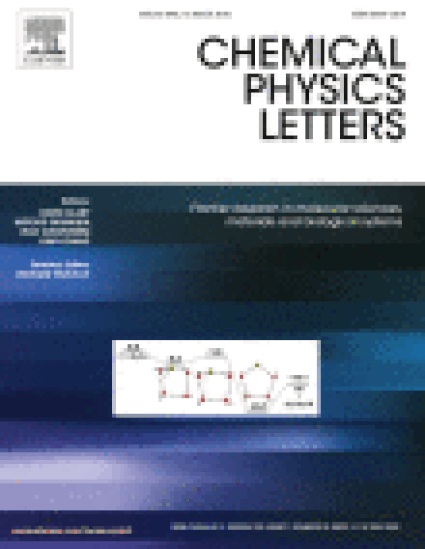
Article
Exploring Host–Guest Complexation Mechanisms by a Molecular Dynamics/Quantum Mechanics/Continuum Solvent Model Approach
Chemical Physics Letters
(2016)
Abstract
We introduce a molecular dynamics/quantum mechanics/continuum solvent model (MD/QM/CSM) approach to investigate binding mechanisms of host–guest systems. The representative conformations of host, guest, and their complex generated from MD simulations at the molecular-mechanics level are used for binding free energy calculations based on a QM/CSM model. We use this approach to explore the binding mechanisms of β-cyclodextrin (β-CD) and 2, 6-di-methyl-β-CD (DM-β-CD) with various guest molecules. Our results suggest that solvent effects play a more important role in determining the relative binding affinities of DM-β-CD than those of β-CD mainly because the former is more flexible than the latter.
Disciplines
Publication Date
January 3, 2016
DOI
10.1016/j.cplett.2016.02.006
Citation Information
Renlong Ye, Xuemei Nie, Yumei Zhou, Chung F. Wong, et al.. "Exploring Host–Guest Complexation Mechanisms by a Molecular Dynamics/Quantum Mechanics/Continuum Solvent Model Approach" Chemical Physics Letters Vol. 648 (2016) p. 170 - 177 Available at: http://works.bepress.com/chung-wong/5/
